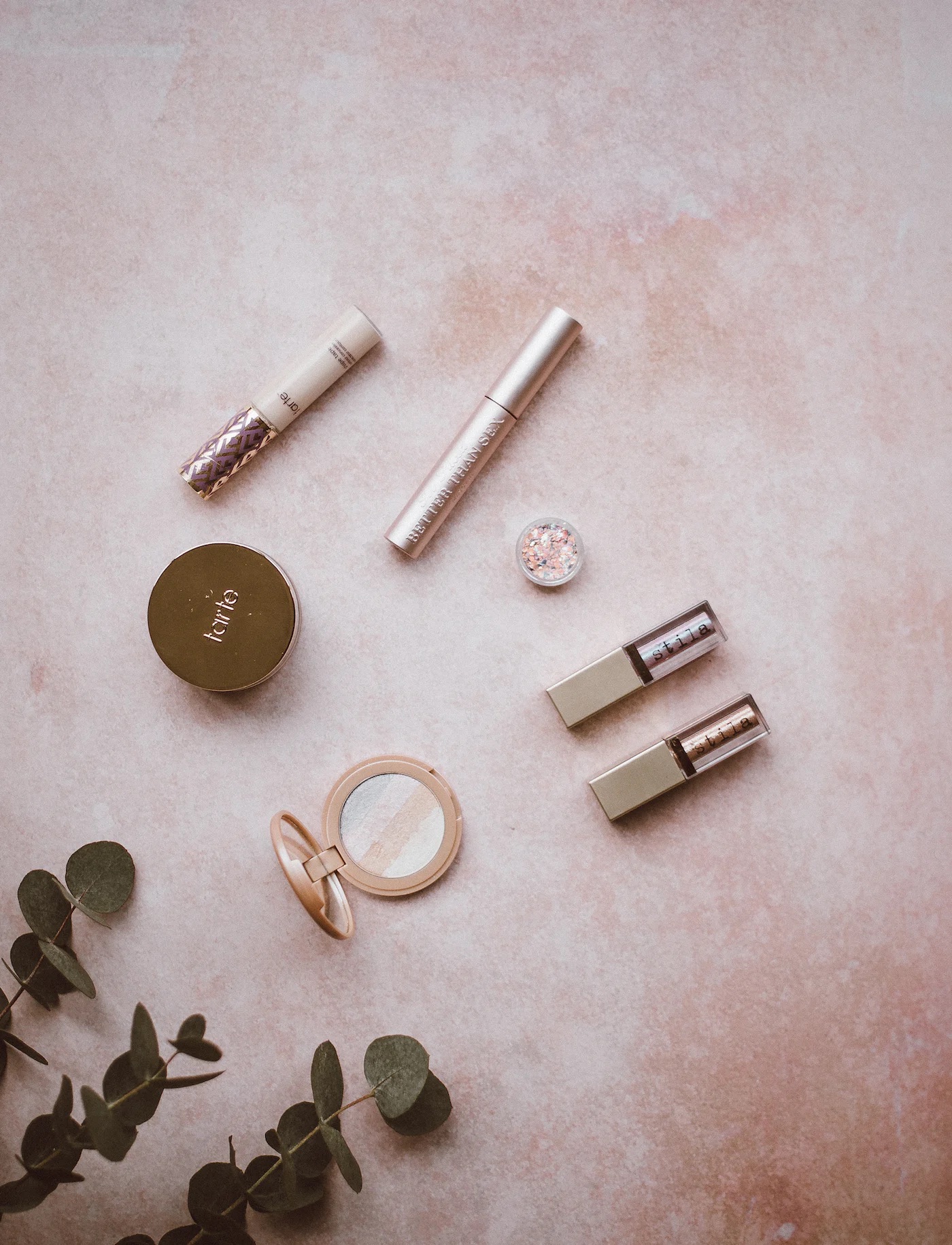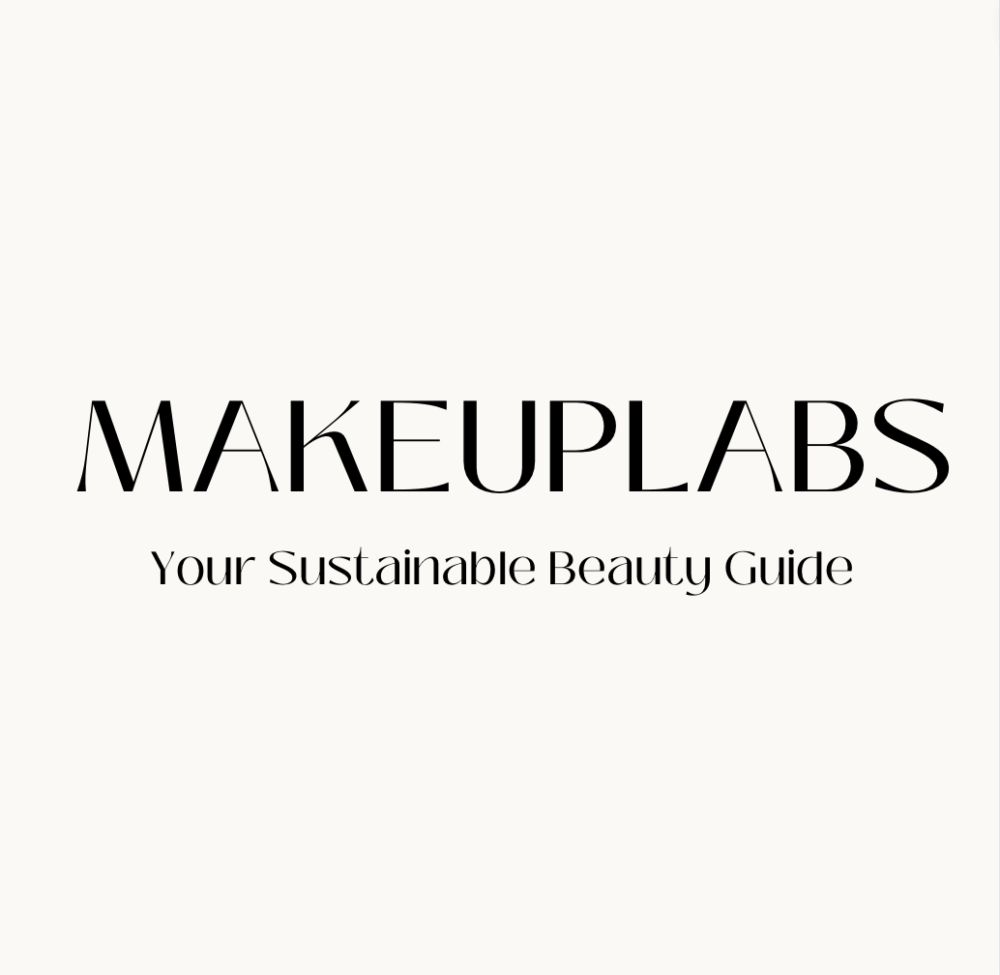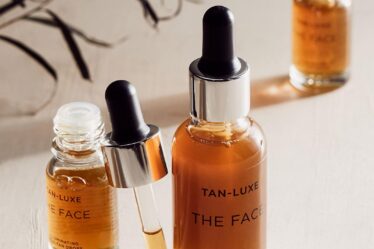
The Green Beauty Guidebook: Mastering Natural and Organic Makeup
The substances used in cosmetics and their potential effects on health and the environment have come under increasing scrutiny in recent years. As a safer and greener alternative, many people are switching to natural and organic makeup. This guide will provide you the knowledge you need to make wise decisions if you’re interested in adopting natural and organic beauty products into your regimen.
Understanding Natural and Organic Makeup
Natural makeup is defined as being manufactured with elements found in nature, such as minerals, botanical oils, and plant extracts. These items don’t include artificial chemicals, parabens, phthalates, or any other potentially dangerous ingredients. While employing materials that were grown without the use of pesticides, herbicides, and genetically modified organisms (GMOs), organic makeup takes a step further.
Benefits of Natural and Organic Makeup
- Skin-Friendly: Compared to conventional makeup, natural and organic cosmetics is typically kinder to the skin. Many conventional cosmetics contain synthetic chemicals that can irritate skin, make it dry, and trigger allergic reactions. Alternatives that are natural and organic frequently include calming substances that nourish and shield the skin.
- Environmentally Aware: You may help the beauty business have a smaller negative influence on the environment by choosing natural and organic makeup. These goods are often produced utilising environmentally friendly methods and sustainably sourced materials. They frequently come packaged in recyclable or biodegradable materials.
- Avoiding dangerous Chemicals: Reducing exposure to potentially dangerous chemicals is one of the main reasons individuals choose natural and organic makeup. Parabens, sulphates, and synthetic fragrances—common components in traditional cosmetics—have been linked to a number of health issues, including hormonal disruption and skin allergies.
- Cruelty-Free: Many natural and organic makeup companies adhere to cruelty-free standards, which means they don’t subject their goods to animal testing. You can help the push towards more moral and caring beauty products by supporting these brands.
Choosing Natural and Organic Makeup
- Read Labels: It’s important to review the ingredient list while purchasing natural and organic makeup. Look for items with an easily recognisable and condensed list of ingredients. Preservatives, colours, and perfumes that are artificial should not be used in products. Learn about common natural and organic certifications, such as BDA certification, which guarantee the items adhere to strict guidelines.
- Skin Type and Concerns: When choosing natural and organic cosmetics products, take into account your skin type and any particular concerns. For different skin types, whether you have oily, dry, sensitive, or mixed skin, there are numerous alternatives accessible, just like with conventional cosmetics. For example, if you are concerned about acne, ageing, or hyperpigmentation, look for products that target these issues.
- Research Brands: Do your homework and pick reliable companies with a reputation for using only natural and organic components. Look for businesses that place a high priority on transparency, ethics, and sustainability. You can find dependable brands by reading online reviews and suggestions from credible sources.
- Trial and Error: It may take some trial and error to find the best natural and organic cosmetic products. Since everyone has different skin, what works for one person might not work for you. Before making full-size purchases, think about buying sample packages or trial kits to test out the goods.
Incorporating Natural and Organic Makeup Into Your Routine
- Start with the Basics: Introduce natural and organic versions of your go-to beauty products first. Since these items are frequently the ones closest to your skin and eyes, start with foundation, concealer, blush, and mascara.
- Gradual Transition: You don’t have to replace all of your conventional cosmetics at once if you already have a collection. Replace your present items with natural and organic ones as you run out of them. You can reduce waste and more easily adapt to new formulations with this method.
- Play around and have a good time: Using natural or organic makeup doesn’t mean you have to sacrifice performance or variety. The natural and organic cosmetics market offers a huge variety of hues, finishes, and textures. Try out several products and brands to see which ones best suit your preferences and sense of style.
- Take Care of Your Skin: Even though organic and natural cosmetics is typically safer and kinder, it’s still crucial to look after your skin. Maintain a regular skincare routine, wash your face completely before putting on makeup, and take it off gently at night. Your skin will remain healthy and radiant as a result of this.
A great way to prioritise your health, safeguard the environment, and promote ethical beauty practises is to embrace natural and organic makeup. You may have the best of both worlds—feeling attractive while making thoughtful decisions—by being aware of the advantages, making thoughtful choices, and incorporating these products into your routine. Do your homework, exercise patience, and, most importantly, enjoy yourself while learning about the world of natural and organic beauty!




